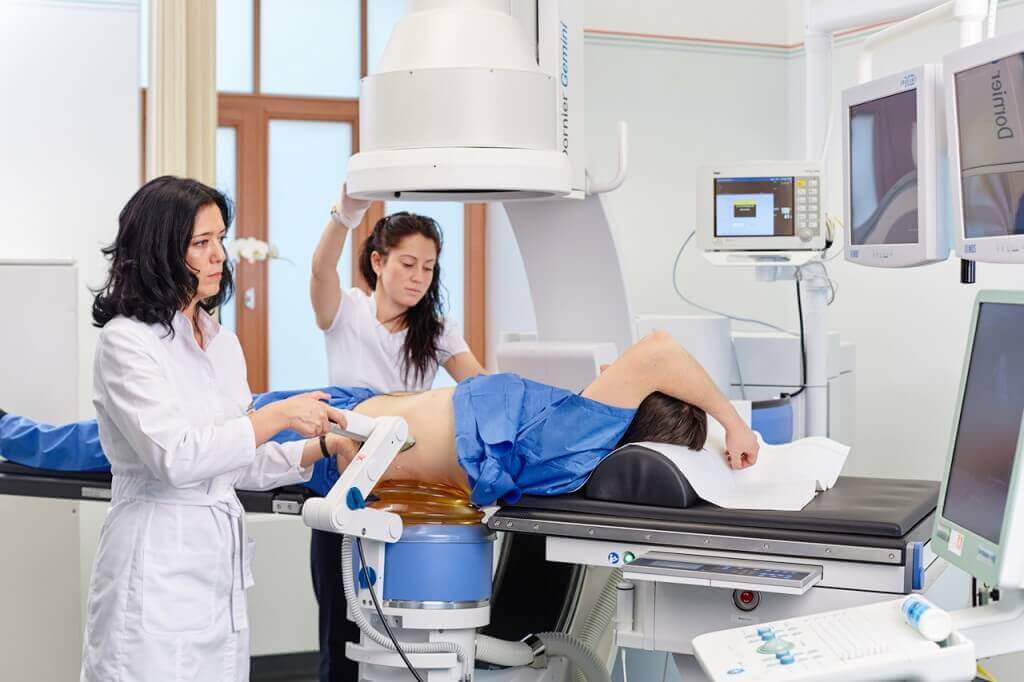Stents are small mesh tubes that are used to open up blocked arteries and help increase blood flow to the heart. While stents can be lifesaving, they can also cause discomfort and pain for some patients. Traditionally, doctors have prescribed painkillers to alleviate these symptoms. However, recent research has shown that exercise may be just as effective in reducing stent-related discomfort. Exercise has been found to improve blood flow, reduce inflammation, and increase endorphins, all of which can help alleviate stent-related pain.
Exercise your way to relief.
- If you’re looking for a natural way to relieve stent pain, then it’s time to ditch the painkillers and start moving.
- Exercise can be a lifesaver when it comes to stent discomfort.
- Not only does it promote healing and alleviate pain, but it also has numerous other health benefits.
- so, lace up your sneakers and get ready to sweat away that stent discomfort.
- Whether you prefer a brisk walk, gentle yoga, or weight lifting, there’s an exercise out there that will work for you.
- The key is to start slow and gradually build up your endurance.
- Before long, you’ll be amazed at how much better you feel.
Get moving for stent comfort.
If you’ve recently undergone surgery and had a stent placed, you may be experiencing discomfort or pain. The thought of exercising during this time may seem daunting, but it’s actually one of the best ways to alleviate stent pain. how to relieve stent pain? Get moving! Exercise helps improve blood flow, which can reduce inflammation and ease discomfort. But don’t worry, you don’t have to run a marathon or lift heavy weights to experience the benefits. Simple activities like walking, stretching, and gentle yoga can go a long way in reducing stent pain.


